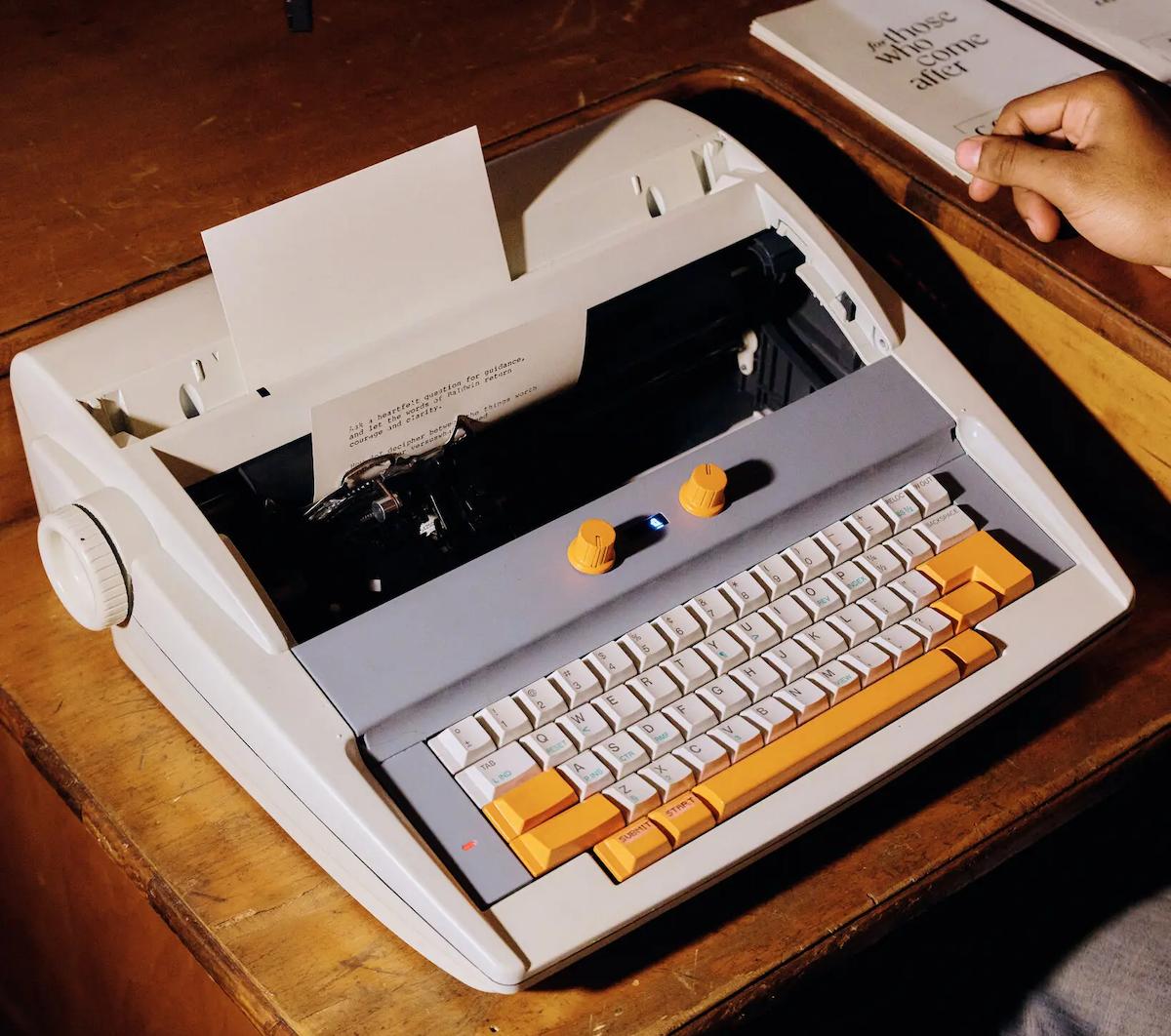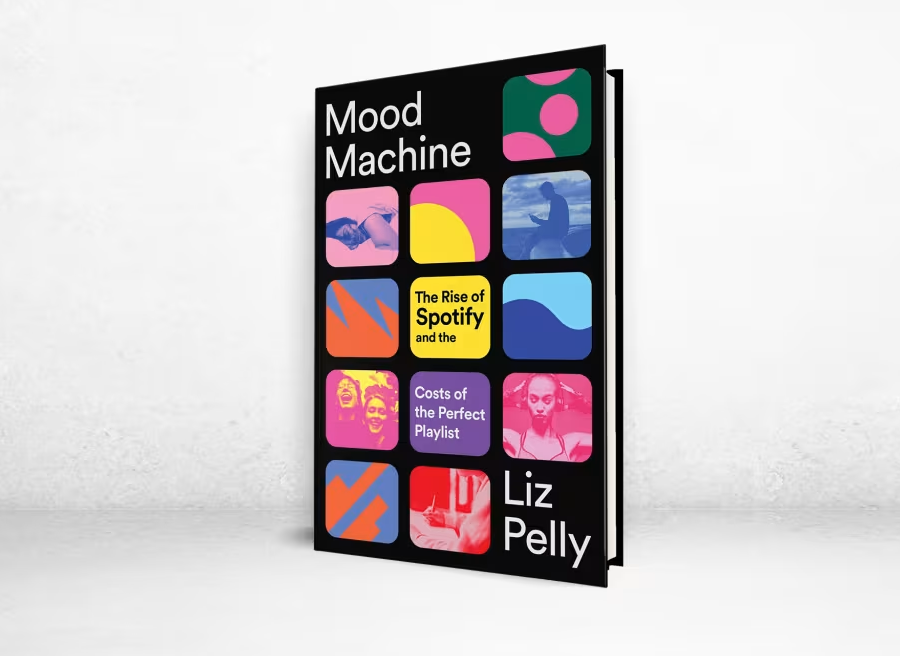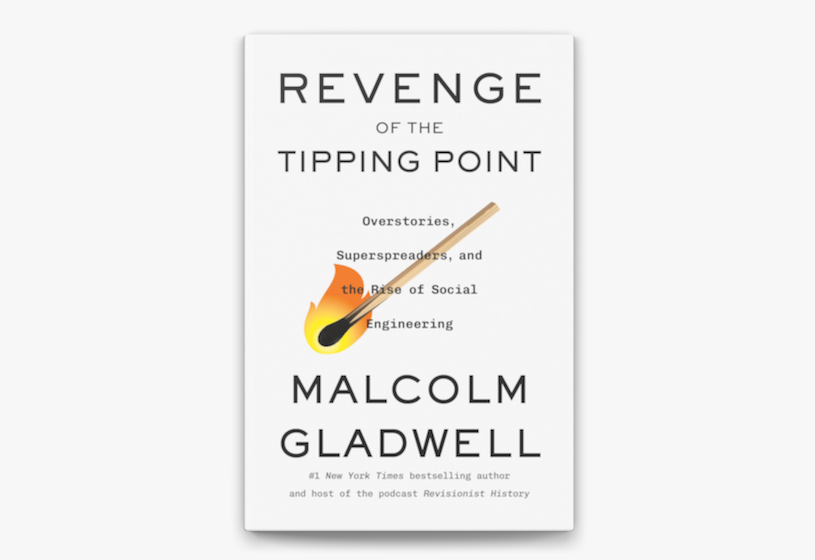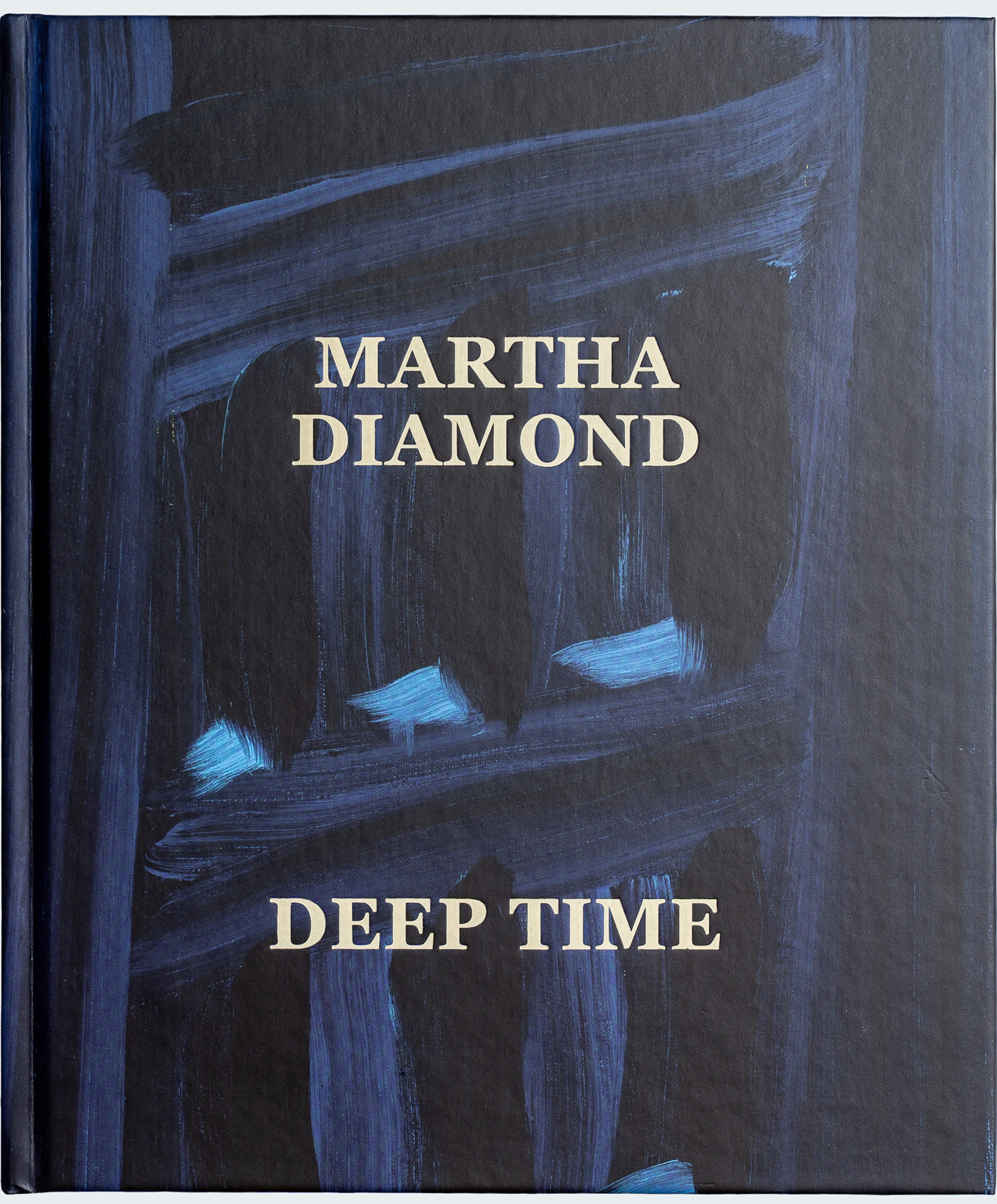
Bjarke Ingels’s spiralling museum for Swiss watchmaker Audemars Piguet.
NEARLY SIX DECADES HAVE PASSED since C.P. Snow gave his lecture at Cambridge titled “The Two Cultures,” and in the intervening years the rift he decried has become a chasm. On one side, the STEM disciplines (science, technology, engineering, mathematics); on the other, the humanities. And while English literary types in the 1950s looked down their noses at those in science, the situation in the U.S. today is entirely reversed. Should the humanities even exist? Maybe in a dusty warehouse on the edge of town, but hardly on college campuses, where they suck up resources better devoted to fields of study that might actually lead to a job. Or so you would conclude after listening to the likes of Microsoft co-founder Bill Gates, venture capitalist Marc Andreessen and Florida Gov. Rick Scott. “Is it a vital interest of the state to have more anthropologists?” Mr. Scott asked in announcing new funding priorities a few years ago. “I don’t think so.”
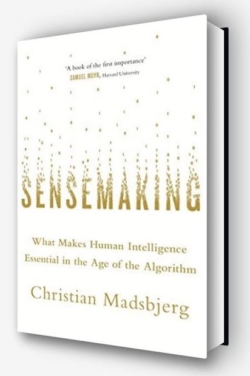
SENSEMAKING: What Makes Human Intelligence Essential in the Age of the Algorithm, by Christian Madsbjerg
Grand Central Publishing, 240 pages
THE FUZZY AND THE TECHIE: Why the Liberal Arts Will Rule the Digital World, by Scott Hartley
Houghton Mifflin Harcourt, 304 pages
Many would disagree. Among them are Scott Hartley and Christian Madsbjerg, two authors who approach the subject from quite different standpoints. Mr. Hartley, a venture capitalist and adviser to tech startups, grew up in Palo Alto, Calif., and graduated from Stanford. In The Fuzzy and the Techie: Why the Liberal Arts Will Rule the Digital World, he argues that the world needs not just more coders but more perspective. Mr. Madsbjerg, the author of Sensemaking: The Power of the Humanities in the Age of the Algorithm, heads the New York office of ReD Associates, a Danish consulting firm that was once profiled in a magazine article titled “Anthropology Inc.” The same article noted that Microsoft is said to be the second largest employer of anthropologists in the world. Someone should tell Mr. Scott—not to mention Mr. Gates.
“Fuzzy” and “techie” are terms that Mr. Hartley picked up at Stanford, and though he now lives in Brooklyn, he writes like someone whose horizons rarely extend beyond the I-280 freeway. His book is full of stories about entrepreneurs and tech firms that have flourished not despite but because of their liberal-arts origins. In developing Apple’s Macintosh computer, Steve Jobs famously drew inspiration from a calligraphy course he audited after dropping out of Reed College. When PayPal billionaire Peter Thiel was at Stanford, he studied philosophy and law. Even Mark Zuckerberg studied psychology at Harvard when he wasn’t writing code for what would become Facebook. Mr. Hartley acknowledges that programming skill is important. But “the highest-order challenge,” he writes, is “having the idea”—which won’t come from knowing C++.
Books: Digital Life |
Against the StreamMood Machine, by Liz PellyThe Wall Street Journal | Jan. 26, 2025 |
Learning to Live With AICo-intelligence, by Ethan MollickThe Wall Street Journal | April 3, 2024 |
Swept Away by the StreamBinge Times, by Dade Hayes and Dawn ChmielewskiThe Wall Street Journal | April 22, 2022 |
After the DisruptionSystem Error, by Rob Reich, Mehran Sahami and Jeremy WeinsteinThe Wall Street Journal | Sept. 23, 2021 |
The New Big BrotherThe Age of Surveillance Capitalism, by Shoshana ZuboffThe Wall Street Journal | Jan. 14, 2019 |
The Promise of Virtual RealityDawn of the New Everything, by Jaron Lanier; Experience on Demand, by Jeremy BailensonThe Wall Street Journal | Feb. 6, 2018 |
When Machines Run AmokLife 3.0, by Max TegmarkThe Wall Street Journal | Aug. 29, 2017 |
The World’s Hottest GadgetThe One Device, by Brian MerchantThe Wall Street Journal | June 30, 2017 |
Soft Skills and Hard ProblemsThe Fuzzy and the Techie, by Scott Hartley; Sensemaking, by Christian MadsbjergThe Wall Street Journal | May 27, 2017 |
We’re All Cord Cutters NowStreaming, Sharing, Stealing, by Michael D. Smith and Rahul TelangThe Wall Street Journal | Sept. 7, 2016 |
Augmented Urban RealityThe City of Tomorrow, by Carlo Ratti and Matthew ClaudelThe New Yorker | July 29, 2016 |
Word Travels FastWriting on the Wall, by Tom StandageThe New York Times Book Review | Nov. 3, 2013 |

 May 27, 2017
May 27, 2017
